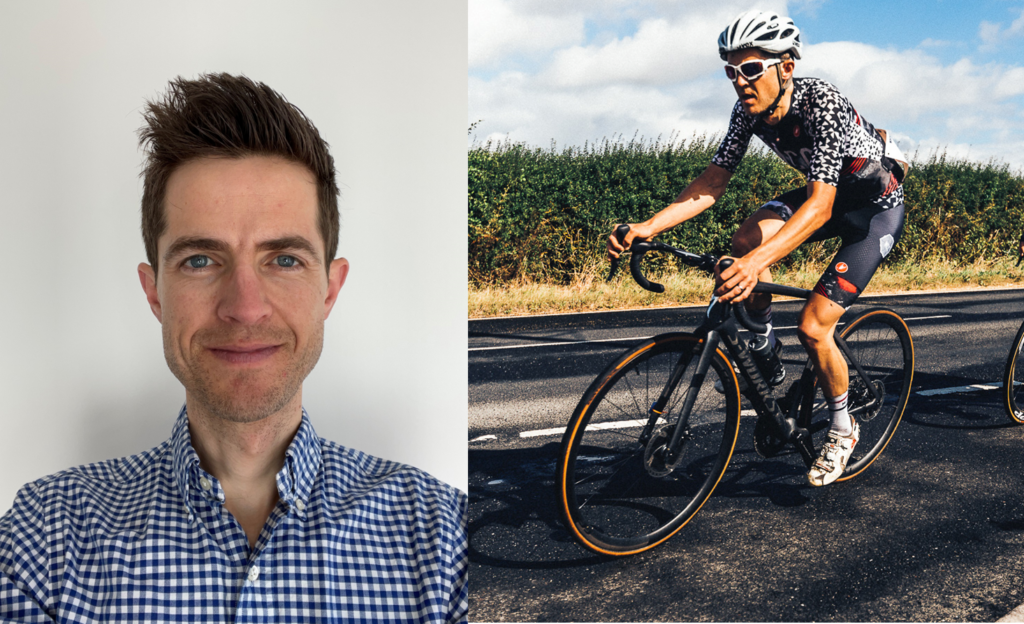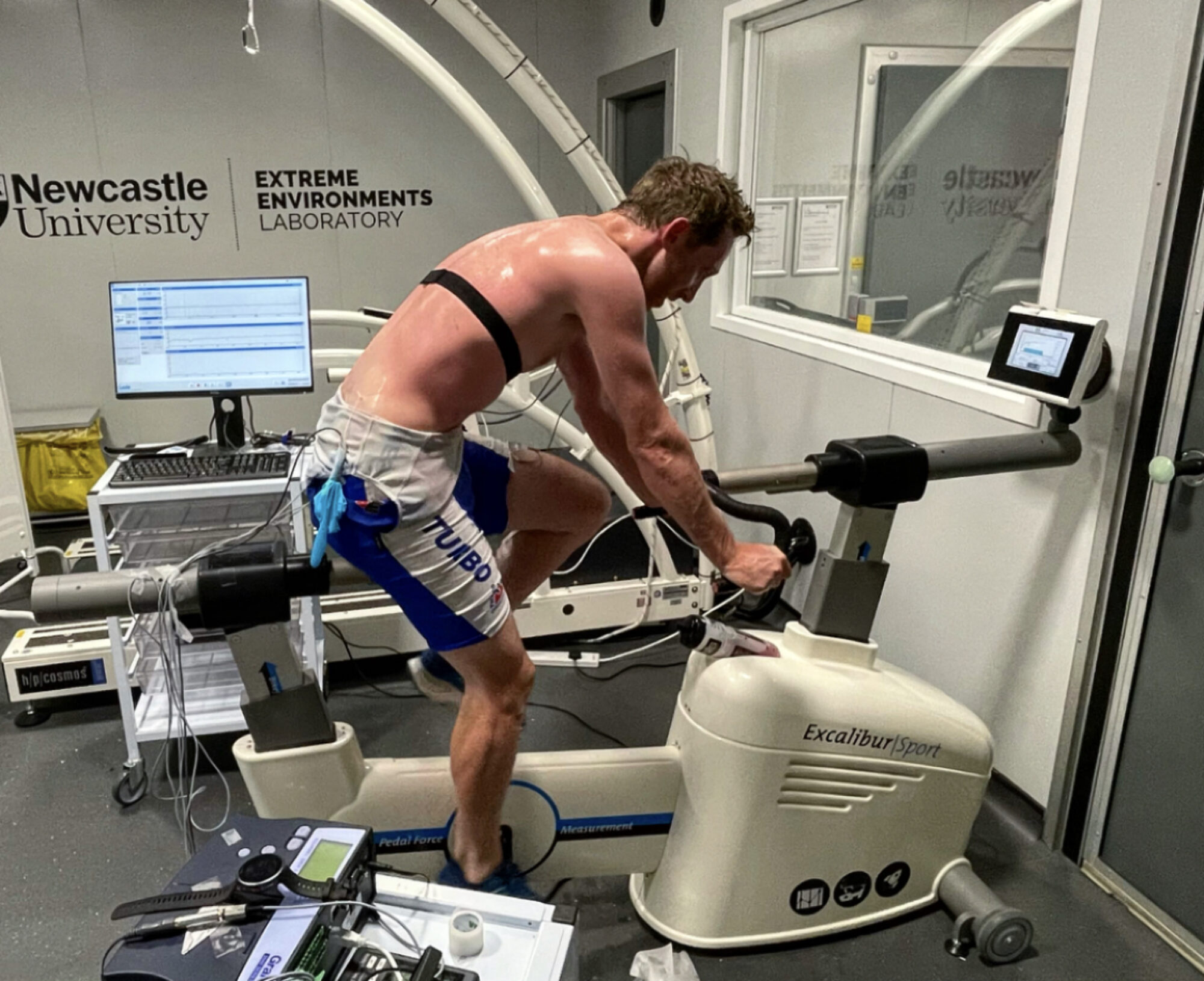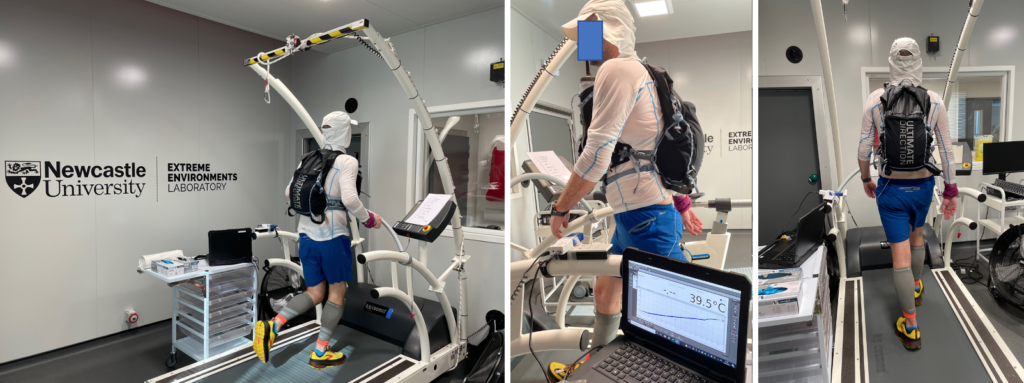
Lee joined Newcastle University as a Graduate Teaching Assistant starting a PhD in thermal physiology at the beginning of 2022. He is a previous engineering graduate from Newcastle University and initially started his professional career working as a Structural Engineer for ten years before his passion for Exercise Physiology brought him back to Newcastle University once again. Lee graduated in 2021 with a BSc in Sport & Exercise Science (SES). Lee’s PhD will focus on how thermal impulse acutely impacts physiological strain, adaptation and exercise tolerance to extreme heat stress. The aim is to provide evidence-based guidance for exercising as well as optimising how we prepare individuals for extreme hot and humid conditions.
As a keen cyclist, Lee’s interest in thermoregulation in the heat stemmed from having witnessed first-hand the impact severe environmental conditions can place on the human body while competing. Lee regularly takes part in cycling events with a typical season focusing on the National Hill Climb Championship. Lee also coaches a number of amateur cyclists, runners and triathletes and particularly enjoys applying the knowledge gained from his research to prepare his athletes for racing in challenging environmental conditions.


